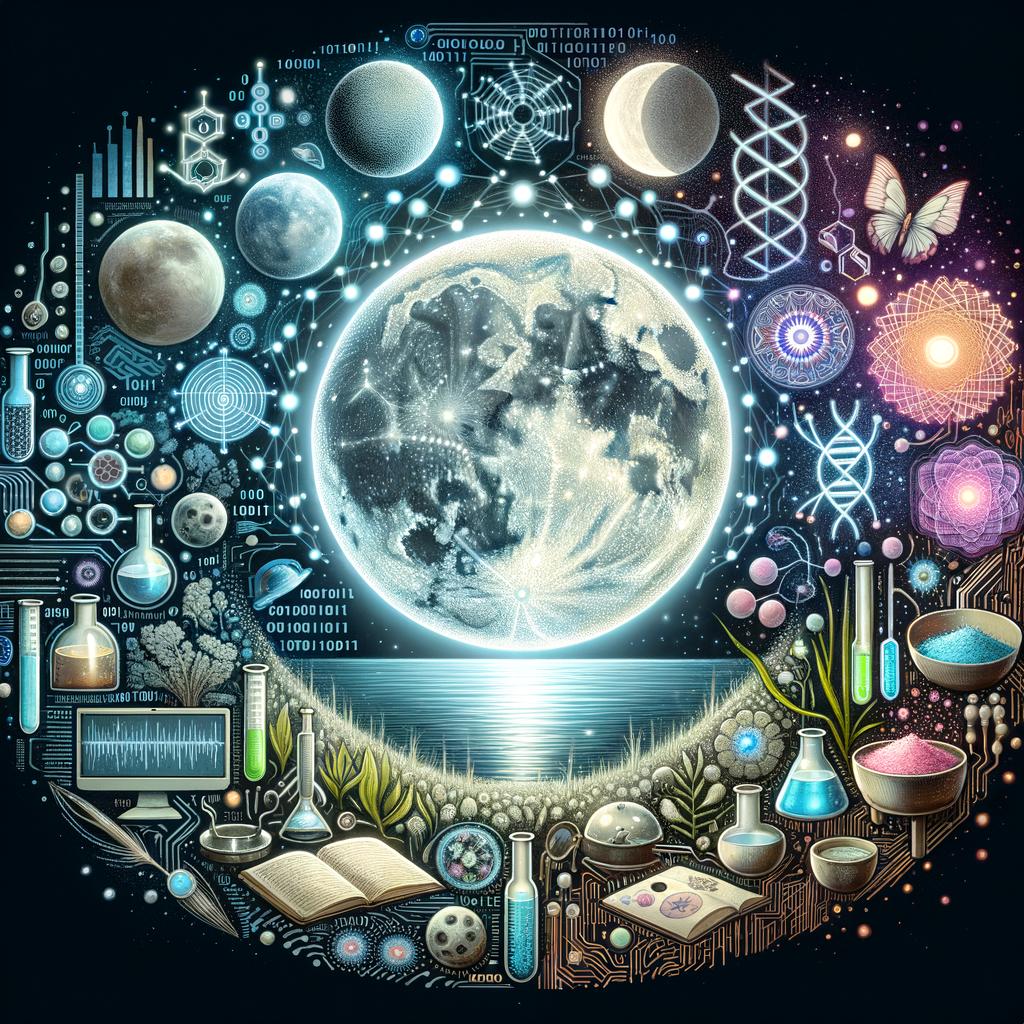
Introduction
Are you finding yourself perpetually pacing to the restroom at night? If so, don’t worry, you’re not alone. Frequent urination at night, also known as nocturia, is an uncomfortable and inconvenient condition that can disrupt sleep and impact quality of life. While several factors can contribute to nocturia, understanding the likely culprits becomes the first step towards addressing this pressing problem. In this comprehensive guide, we’ll thoroughly delve into the various causes, exploring everything from lifestyle influences, prevailing health conditions, medicines and more.
Lifestyle Factors
Unraveling the mystery of nocturia often begins by examining our daily habits. Choices in our diet, hydration, and alcohol intake can tremendously impact our nighttime pee patterns.
Diet and Hydration Habits
Whatever goes in must come out – such is the simple science of our body’s fluid dynamics. Drinking plenty of water is vital to our health, but an indulgence close to bedtime might mean your bladder’s busting while the moon’s high in the sky. Similarly, certain foods, especially those high in water content, like watermelons and cucumbers, could be contributing to your nighttime trips.
Health Conditions
While lifestyle influences are within our control, some health conditions that cause nocturia sneak up on us, beneath our radar, unperturbed and unnoticed until we confront their symptoms.
Urinary Tract Infections (UTIs)
While it might sound as pleasant as a punch in the gut, UTIs are sneaky perpetrators behind frequent urination. Caused by bacteria invasion in the urinary tract, these infections can cause painful urination and an increased need to pee at night. Fortunately, UTIs are readily treatable with antibiotics prescribed by your doctor.
Medications and Medical Treatments
Just like a double-edged sword, certain medications or medical treatments, while beneficial for managing health conditions, may also lead to nocturia.
Diuretics
Medications such as diuretics, often prescribed for high blood pressure or heart conditions, work by increasing urine production in the body. While effective for their intended purpose, these medicines can regrettably add a nocturnal nuance, leading to more frequent bathroom breaks.
Aging and Hormonal Changes
With age, come great wisdom, and sometimes, the need to pee more frequently at night. It might seem a bit unfair, but our body’s natural changes with age can also invite nocturia.
Prostate and Menopause
For men, an expanding prostate could be the hidden actor in our night-time toilet tale, causing increased urination. Women, on the other hand, might experience nocturia due to hormonal changes during menopause, as reduced levels of estrogen can affect bladder control.
Conclusion
Frequent urination at night can often act as a puzzling problem, disrupting peaceful sleep and impacting daily life. Understanding the root causes, whether it’s age, medical conditions, dietary choices, or medications, becomes the first step in managing this condition. But remember, if nocturia persists, it’s best to seek medical help to ensure there’s no underlying serious health concern.
Frequently Asked Questions
1. Can stress cause frequent urination at night?
Yes, stress can stimulate the nervous system, leading to an increased urge to urinate at night.
2. Is frequent urination at night a sign of diabetes?
Excessive thirst and frequent urination, including at night, can be symptoms of diabetes.
3. What can stop frequent urination at night?
It depends on the cause. Addressing underlying health conditions, adjusting the timing of fluid intake, and modifying medications can all help.
4. Can caffeine cause frequent urination at night?
Yes, caffeine acts as a diuretic, increasing urine production and potentially leading to nighttime urination.
5. Can pregnancy cause frequent urination at night?
Indeed, hormonal changes and increased pressure on the bladder during pregnancy can lead to nocturia.


